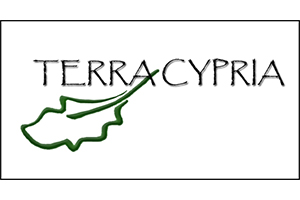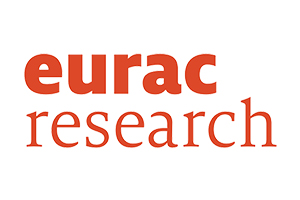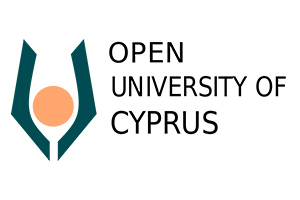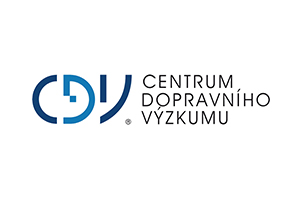The European Union’s Erasmus+ programme is a funding scheme to support activities in the fields of Education, Training, Youth and Sport.
The Programme is made up of three so-called “Key Actions” and two additional actions.
The EnVeROS Project is part of the key action 2: Cooperation for innovation and the exchange of good practices.
The European Commission is responsible for Erasmus+ policies and oversees the overall programme implementation.
Among the multiple threats that the environment faces today, the loss of biodiversity i.e. the variety of life on the planet, is considered one of most serious. In 2010, 25% of the European animal species were already facing the risk of extinction. Halting biodiversity loss, is one of the main areas of focus of the European Commission as part of the EU 2020 Biodiversity Strategy. A contributor to the biodiversity-loss puzzle, is Wildlife Vehicle Collision (WVC). The loss of wildlife individuals from collision with vehicles is a serious issue affecting biodiversity and society on various levels and which, according to recent studies, has numerous environmental and socioeconomic impact. These are:
LARGE-SCALE: The number of accidents involving wildlife are increasing in European countries. For example, in Spain, research has shown that from 2006 to 2012, 74.600 WVC had been reported, amounting to 8.9% of all reported road traffic accidents in the country. Additional research has shown that the officially recorded WVC represent only a small part of the overall number of animals killed or injured on roads as a result of vehicle collision. In fact, studies have shown that recorded instances may even represent only 12-16% of cases, creating both a gap in our understanding of the scale of the problem and in the actions taken to combat it.
AFFECTING MANY DIFFERENT SPECIES: WVC cases vary by species and landscape and are related to several road and habitat-related factors. The severity of the impact of WVC on animal populations also differs among species. Studies have shown that some species may be severely influenced by roadkill, and these include in particular small vertebrates such as birds, mammals, amphibians and reptiles.
SOCIO-ECONOMIC IMPACT: The economic cost of WVCs in Spain between 2006 and 2012, is estimated around €105 million per year. WVC has also been shown to be a major issue for traffic safety. A number of obstacles exist in the EU and its member states related both directly and indirectly with WVC and its impacts to environment and society, especially when there is a conflict between habitat protection and road construction.
- Raise public awareness on the severity of WVC and develop a public understanding of each and every citizen’s power to contribute to a sustainable society, where transportation means and wildlife can coexist.
- Mobilize, train and empower social and environmental groups and relevant stakeholders to directly contribute in scientific research on the WVC subject through citizen science and crowdsourcing.
- Allow for the development of a public mass movement to combat the issue of WVC, through the creation of an interactive database for WVC populated with citizen science data. This data will serve a dual purpose: they will be readily available to the public as both the contributors and receivers of this information, and will provide evidence which will feed back to policy and advocacy on making transportation systems more sustainable for wildlife.
The project involves 5 different activities:
WVC Framework Analysis / Needs Assessment Report
A WVC Framework Analysis / Needs Assessment Report will present an in-depth overview of the current state of WVC initiatives, existing mitigation practices, citizens’ awareness of the issue and will elaborate on producing a cost estimation associated with WVCs as regards their impact and mitigation methods.
WVC e-learning course
A WVC e-learning course will introduce learners to the key WVC-related aspects, following the principles of adult learning and non-formal education.
Curriculum
The curriculum will make use of the results of the WVC e-learning course and provide suggestions for school teachers and for trainers in non-formal education on how to introduce WVC subjects horizontally into their regular teaching activities.
WVC Online Platform and Mobile Application
A WVC Online Platform and Mobile Application will provide an interactive, multifunctional cyberspace where all target groups, stakeholders and interested users will be able to access all the components of the project and interact through the collaborative online tools and mobile applications for the purposes of information sharing, learning and networking.
WVC Comprehensive Replicability e-Package
A WVC Comprehensive Replicability e-Package will contain informational, educational materials, guidelines and instructions in order for everyone to be able to replicate EnVeROS educational approach in their own country.




